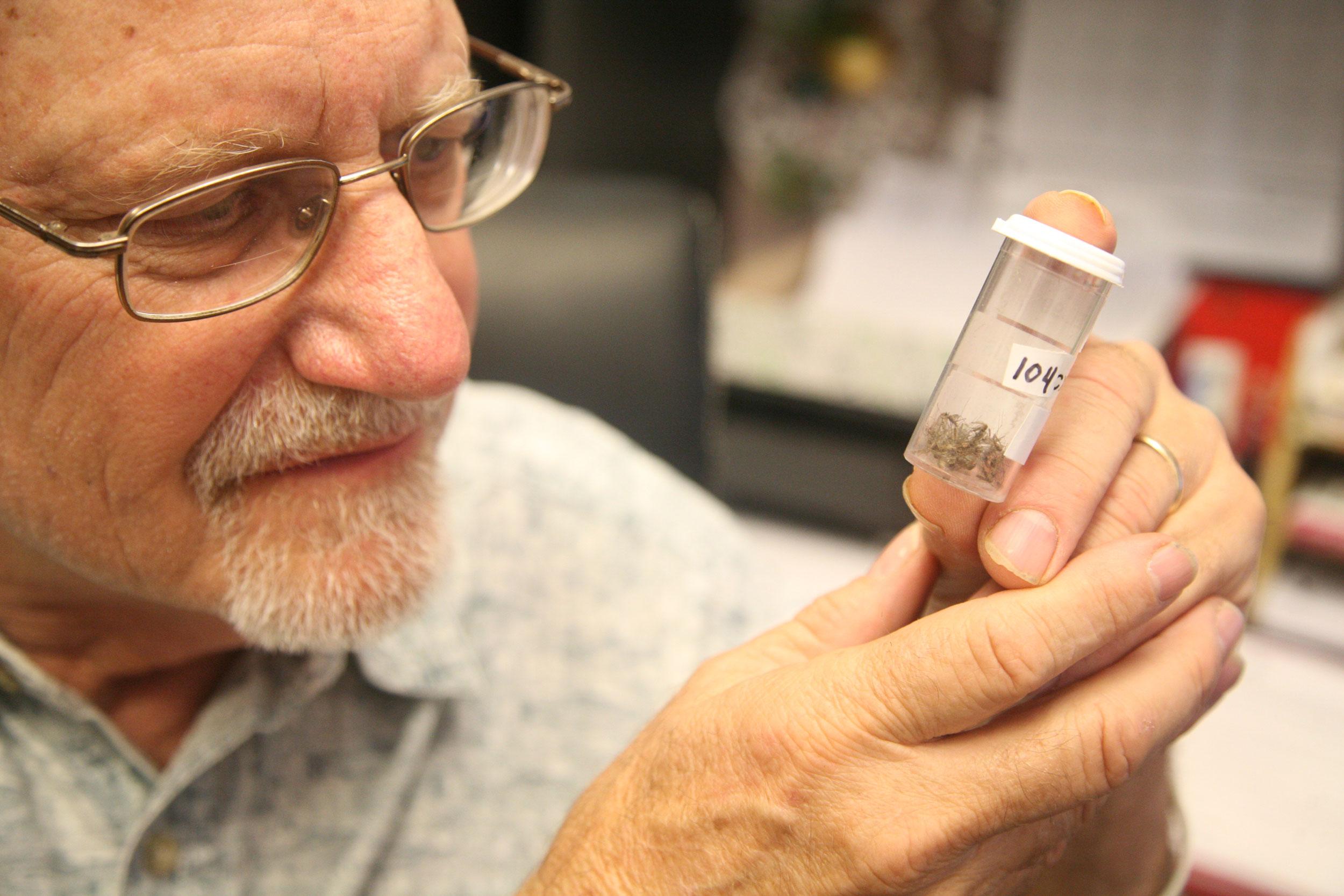
Mosquitoes have, unfortunately, returned with the onset of summer and some wetter weather along the Front Range. And with mosquitoes, comes the risk of West Nile Virus.
In Northern Colorado, Weld County health officials test mosquitos caught in traps on a weekly basis. One of those traps contained mosquitoes that tested positive for carrying West Nile Virus. Officials say the number of mosquitoes that can carry and transmit the virus is more than three times higher this year than the average in previous years.
West Nile Virus is a yearly occurrence in Colorado. Last year, there were 35 cases detected in Colorado, with one death, according to the Centers for Disease Control.
The disease is transmitted through mosquito bites and, in rare cases, blood transfusions. Symptoms can appear three to 14 days after infection. Common symptoms include fever, headache, nausea, and muscle aches.
Health officials recommend applying insect repellant and dressing appropriately when outside where mosquitoes are active to prevent mosquito bites. They also recommend getting rid of standing water in and around homes, which are known mosquito breeding grounds.
“What people may not realize is that even overwatering, your lawn can create conditions for mosquitoes to thrive,” said Weld County Public Health spokesperson Eric Aakko.
West Nile isn’t the only outdoor risk in Colorado. Mammals in the state, particularly in the southern part, can transmit the plague to humans through bites. Health officials this week confirmed a recent death potentially caused by the plague. The Colorado Department of Public Health and Environment is working to verify the diagnosis.









